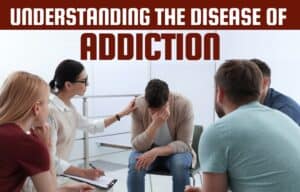
Understanding the Disease of Addiction
Many a time, a family brings their patient to me, explaining how their patient despite the best of their efforts is not able to quit….
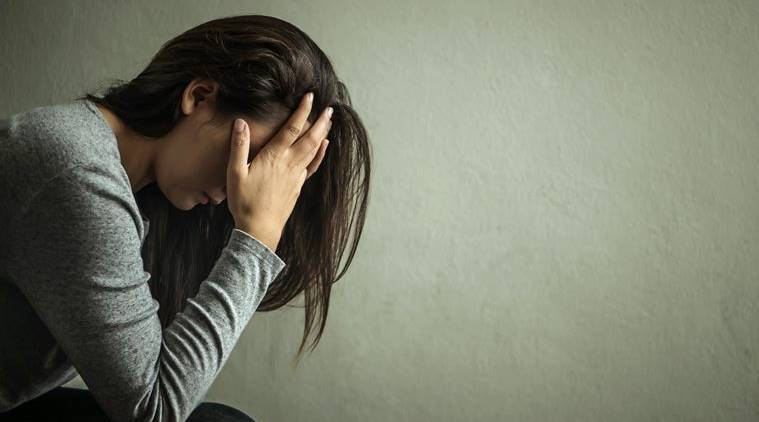
As humans, we have been blessed with varying emotions to live through life and enjoy every bit of it. The feelings, the sudden rush of excitement, joy when we behold sights, love for our dear ones, or sadness when something is amiss is all a part of being alive. Yes, even sadness too. But often sadness is mistaken for depression and that is where the central problem lies. With the enhancement in the field of mental health, it is important for us as well to upgrade our vocabulary and understand the difference between being sad and being depressed.
Sadness is one part of the basic human emotion spectrum, characterized by feelings of unhappiness and low mood.
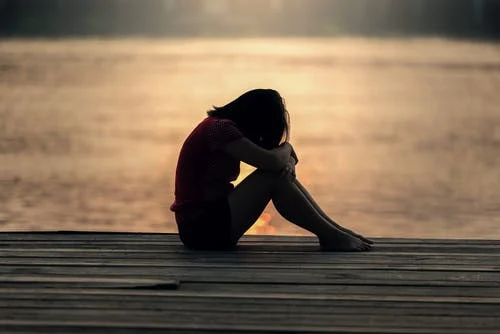
According to American Psychological Association (APA),
“Sadness is an emotional state of unhappiness, ranging in intensity from mild to extreme and usually aroused by the loss of something that is highly valued (e.g., by the rupture of a relationship).”
Therefore, sadness can be referred to as a normal response to situations that are distressing, disturbing, or disappointing. Sometimes these feelings can become intense and at other times they might remain fairly mild and may persist according to the circumstances arising. So, it can be said that sadness is short-lived and fades through time but depression is not and that is where the line of difference draws.
Depression on the other hand is more than just sadness. It is a mental health disorder that does not go on its own and persists for longer duration.
According to American Psychological Association (APA),
“Depression is a negative affective state, ranging from unhappiness and discontent to an extreme feeling of sadness, pessimism, and despondency, that interferes with daily life.
Various physical, cognitive, and social changes also tend to co-occur, including altered eating or sleeping habits, lack of energy or motivation, difficulty concentrating or making decisions, and withdrawal from social activities. It is symptomatic of a number of mental health disorders.”
Thus, Depression is classified as a Mood Disorder that may become serious and might have long-lasting effects on not only you but your relationships too.
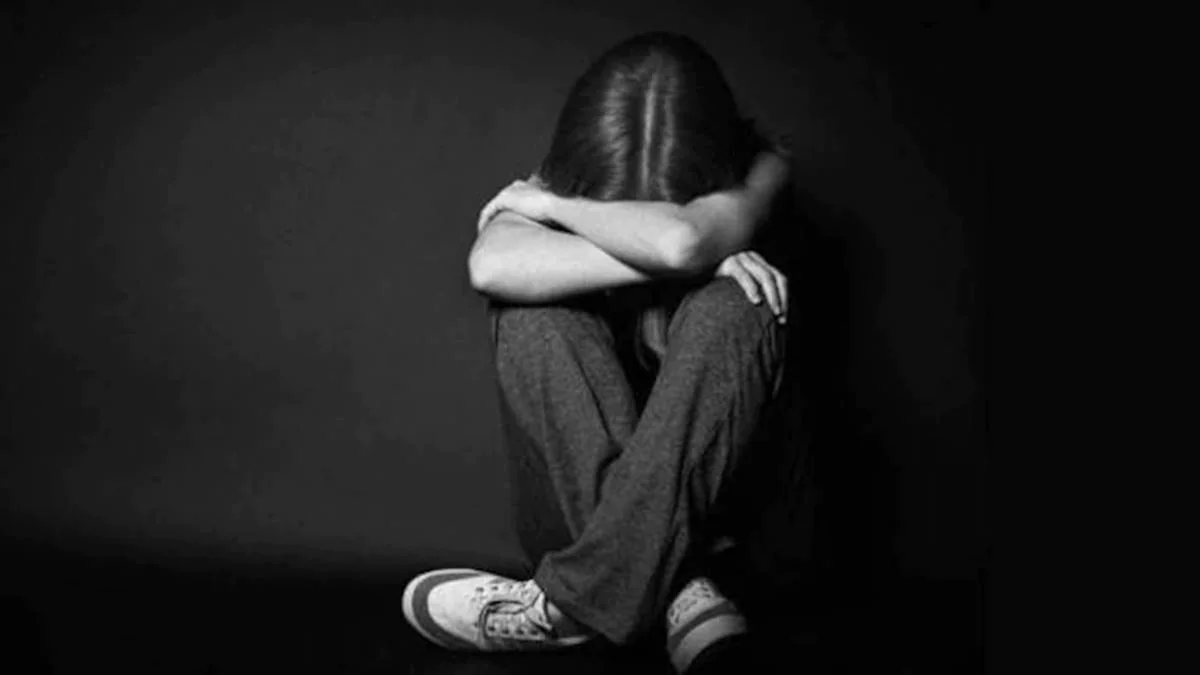
It is vital to know that symptoms of Depression must last for at least two weeks and must represent a change in your previous level of functioning.

Finding ways to conquer sadness or depression demands a lot of effort and may provide you with a few results. But the emphasis needs to be laid that sadness and depression are two different states, where sadness is a part of depression and needs proper evaluation by a specialist to decide and form a diagnosis.
Consequently, feelings of sadness may or may not upraise and here, the difference of when to seek help will lay in your hands. Hence, you need to allow yourself the opportunity to get aid and talk about it thoroughly if the demand ascends.

Many a time, a family brings their patient to me, explaining how their patient despite the best of their efforts is not able to quit….

Stress is a functional part of life. Without stress, we might not be able to perform actively…

We all know that exchanging information is communication but are we effective at it? …
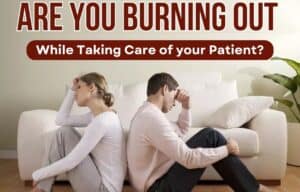
In India, it is quite common for us to take care of our parents…
WhatsApp us